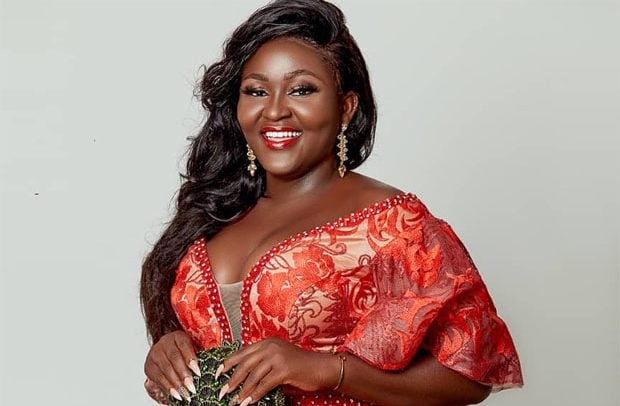Ghanaian actress AJ Poundz’s near-death experience with an umbilical hernia underscores the critical importance of recognizing and addressing unusual bodily symptoms. Her story, shared publicly, serves as a stark reminder that seemingly minor discomforts can mask serious underlying health issues, and that prompt medical attention can be the difference between life and death. Poundz’s experience also highlights the pervasive misconception that certain medical conditions are gender-specific, a misconception that can delay diagnosis and treatment with potentially dire consequences.
Poundz recounts a seemingly casual encounter with a doctor friend that ultimately saved her life. The doctor, observing something unusual about Poundz’s navel, initiated a closer examination. His suspicions were confirmed: Poundz had a severe umbilical hernia, a condition characterized by the protrusion of intestine or fatty tissue through a weakness in the abdominal muscles around the belly button. Often caused by increased pressure in the abdomen, umbilical hernias can develop during pregnancy, childbirth, or due to obesity and other factors. While generally treatable, if left unattended, complications like strangulation, where the protruding tissue loses blood supply, can rapidly become life-threatening.
The doctor’s diagnosis stunned Poundz, who initially dismissed the possibility of having a hernia, mistakenly believing it was a condition exclusive to men. This misconception underscores the importance of accurate health information and the dangers of self-diagnosis. The doctor’s grim prognosis – that she could collapse and die within weeks without intervention – abruptly shattered her complacency. The gravity of the situation, coupled with the doctor’s explanation that her navel was essentially “rotten and hanging,” forced her to confront the reality of her condition. The urgency underscored the need for immediate surgical intervention.
The experience deeply affected Poundz, leaving her with lingering anxieties about future pregnancies. The possibility that the hernia and subsequent surgery might impact her ability to have more children added another layer of emotional distress to an already traumatic situation. This concern highlights the wide-ranging impact of health crises, affecting not only physical well-being, but also emotional health and future life plans.
Poundz’s narrative serves as a compelling call to action, urging the public to prioritize their health and seek medical attention for any unusual symptoms or discomfort. She emphasizes the importance of not dismissing bodily changes, no matter how seemingly insignificant, and stresses that early detection is often the key to successful treatment and improved health outcomes. Her message resonates powerfully because it comes from a place of personal experience, making it relatable and impactful. She uses her platform to transform a personal health scare into a public health message.
By bravely sharing her story, Poundz has not only raised awareness about umbilical hernias but also about the broader importance of paying attention to one’s body and seeking timely medical intervention. Her experience serves as a powerful testament to the life-saving potential of early diagnosis and the critical role of healthcare professionals in recognizing and addressing serious medical conditions. Her message is clear and concise: listen to your body, don’t dismiss unusual symptoms, and seek medical advice promptly. It is a message with the potential to save lives.


